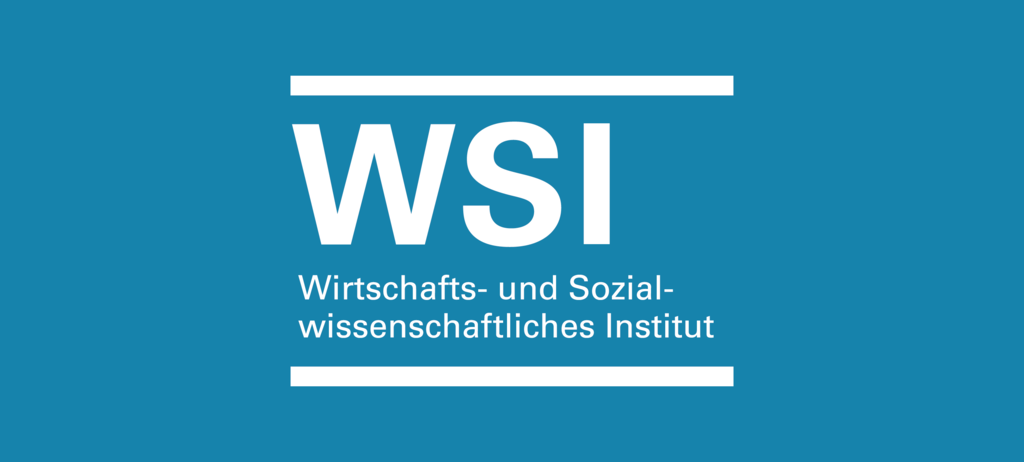
: Representativeness of German parties and trade unions with regard to public opinion
Five German leading parties and their coalitions are evaluated from the viewpoint of direct democracy. For this purpose, the positions of the parties on over 30 topical issues are compared with the results of polls of public opinion. The outcomes are summarized in the indices of popularity and universality of the parties and of the DGB (German Confederation of Trade Unions). The selection of policy issues and the information on the party positions are given as in the Wahl-O-Mat(2010) for the last Bundestag (German parliamentary) elections 2009.
It is shown that the Bundestag election winner 2009 - the conservative party CDU/CSU with 33.8% votes - has a quite low representative capacity (fourth among the five leading parties), whereas the most representative is the left party Linke which received only 11.9% votes. As for possible coalitions, the most representative would consist of the Linke and the ecologists Grünen, who received together 22.6% votes and could not make a government. It is noteworthy that the DGB is also top evaluated as a good representative of majority opinions.
The analysis of Bundestag elections 2009 shows that the voters are little consistent with their own political profiles, disregard party manifestos, and are likely driven by political traditions, even if outdated, or by personal images of politicians. Taking into account the results of the study, some modifications to the election procedure are proposed to bridge approaches of representative and direct democracy.
Quelle
Tangian, Andranik S. (2010):
Representativeness of German parties and trade unions with regard to public opinion
WSI-Diskussionspapier Nr. 173e, Düsseldorf, 45 Seiten